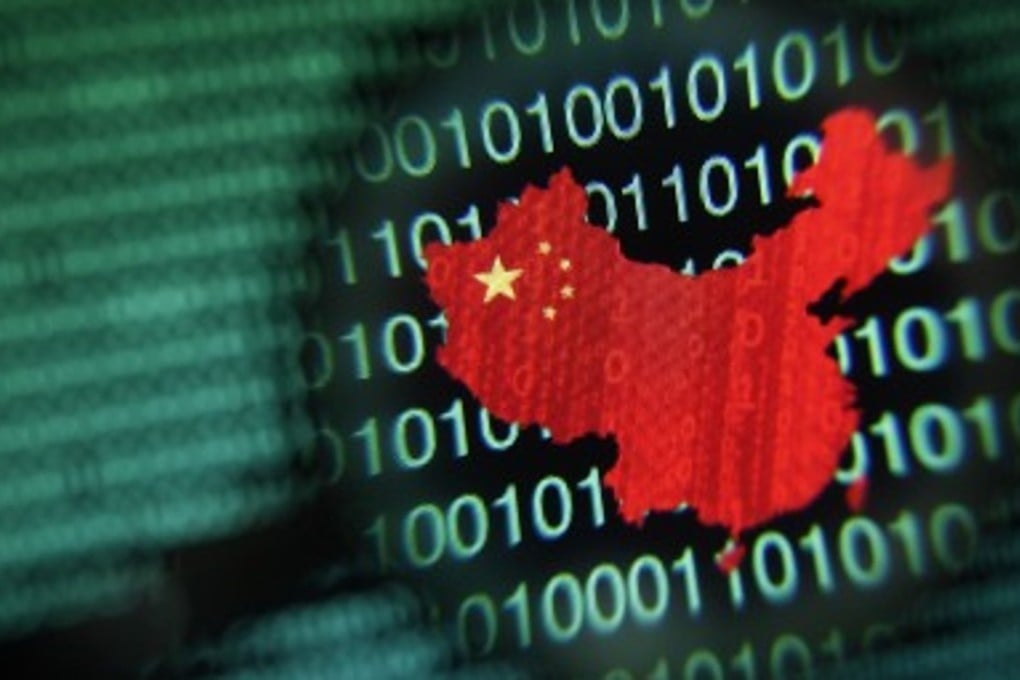Double standards: China’s push to develop internet for economic gain tempered by strict censorship
Critics say Beijing is using this week’s World Internet Conference in Zhejiang province to influence global internet governance in ways that would curb freedom of expression and exacerbate rights abuses

Nothing typifies Beijing’s double standard towards new developments more than its approach on the internet. On the one hand, Beijing is relentless in its push to develop the new industry, seeing it as an engine of future growth. On the other, the leadership severely restricts the flow of information and expression of dissent online.
That is why the world was watching what next step President Xi Jinping would promise to take as he delivered the keynote speech at the World Internet Conference on Wednesday morning.
Before he stood up to address senior executives of global tech firms who gathered in the ancient town of Wuzhen, in Zhejiang, many observers were wondering whether he would push to fortify the Great Firewall or promise to bring it down, brick by brick.

He has also personally taken charge of a new panel overseeing internet security and IT development, through which he apparently hopes to help China’s traditional enterprises transform and adapt to the information age.
Read more: China’s President Xi Jinping calls for ‘multilateral, democratic and transparent’ new rules governing international cyberspace
Hao Hong, chief China strategist at Bocom International in Hong Kong, said Xi’s attendance and speech at the forum reflected the internet’s strategic importance in the country’s overall development plan. “The challenge is how to use the internet to better improve China’s productivity gains as the population ages and new workforce shrinks,” Hong said.